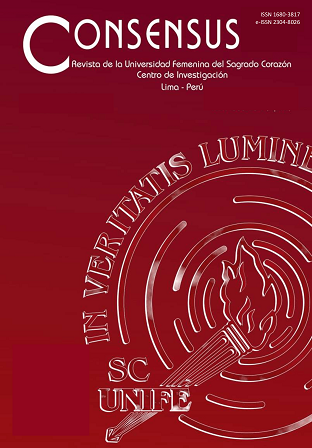The Arab Spring and the sustainability of women’s rights
DOI:
https://doi.org/10.33539/consensus.2014.v18n1.955Keywords:
Arab Spring, rights, safety, womenAbstract
Two years later, the consequences of the Arab Spring are a masculinity of powers and a retreat
regarding the rights of women who paid a high price for the change. Subsequently, the Islamists
come to power after the Arab revolutions that talk about democratization, but without the rights of
women. The democratization that promotes the parental rights and affects profoundly the dignity
of the other half of society. This brings to the table the issue of safety or even legal certainty.
The sustainability of women’s rights is a risk to safety and a threat to the achievements of women’s
groups after years of militancy language. It has a cost and a negative impact on the development
of the Arab world.
Indeed, sustainability also implies the legitimacy of governors chosen by men and women who are
not able to protect the rights of half of society who has chosen and accepted them. This considering
that the social contract is only the selection and acceptance of leaders who must, in return, ensure
the safety and protect the human rights of governed men and women.








